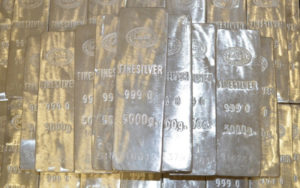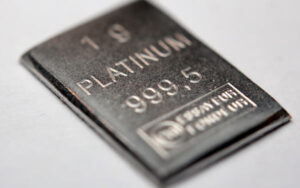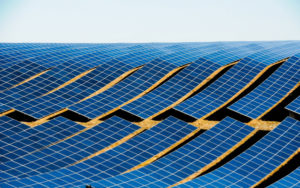China Plans to Purchase 15,000 Tons of Cobalt – How Will It Affect Cobalt Prices?

According to media reports, the National Food and Strategic Reserves Administration of China plans to purchase approximately 15,000 tons of refined cobalt in the coming months for domestic reserves. This is significantly higher than the 8,700 tons purchased last year and sets a new record for the largest single purchase of cobalt.
The cobalt reserve plan is expected to launch next month, with tender prices predicted to be between RMB 200,000 and 220,000 per ton.
Although cobalt is a key material, its price has been on a fluctuating downward trend overall since the beginning of 2023, currently nearing its lowest point since 2019, due to short-term oversupply. It is estimated that if China proceeds with its planned cobalt procurement, the cobalt market will see an approximate over-supply of 20,000 tons in 2024. However, cobalt prices have been slowly rebounding in recent times.
As to how the reserves announcement by the National Food and Strategic Reserves Administration will affect future cobalt price trends, industry experts hold differing opinions. Some believe it will provide a short-term boost to cobalt prices, while others argue it may ease price pressures but won’t have a decisive impact on the oversupplied market.
China’s large-scale cobalt purchase is driven by multiple factors.
- EV Battery Production: Cobalt is a critical material in the production of electric vehicle (EV) batteries, an industry in which China is heavily investing and developing. The rapid growth of the Chinese EV market will drive exponential increases in cobalt demand. To support the country’s energy transition and technological advancement goals, China needs to ensure a stable supply of this material, making a substantial cobalt reserve a key strategy.
- High-Strength Alloys and Magnetic Materials: Besides its use in batteries, cobalt’s other major consumption and application area is in high-strength alloys and magnetic materials necessary for communication and high-end weaponry. Cobalt-based alloys are crucial for manufacturing high-temperature, corrosion-resistant, and high-strength components, especially in the aerospace and defense sectors.
It is expected that most of the cobalt purchased by China will come from domestic producers.
China has limited cobalt resources and relies heavily on imports, with the Democratic Republic of Congo (DRC) being the primary source of cobalt for Chinese imports. Given cobalt’s strategic importance, China will maintain investments in the DRC to ensure a stable supply.
Last year, the DRC produced over 170,000 tons of cobalt, accounting for about 77% of the global output, making it a major contributor to the global cobalt supply. Chinese companies, particularly CMOC Group (HKEX:3993), have significant investments in the DRC, including the Tenke Fungurume project, which, following last year’s settlement agreement, might become the world’s largest cobalt producer.
Moreover, China is a pivotal global processing hub for cobalt, with its refined cobalt production making up about 80% of the world’s total output.
China News
Cobalt
Electric Cars
Energy Metals








